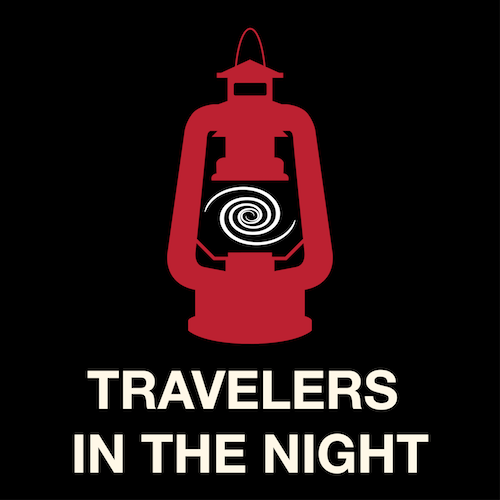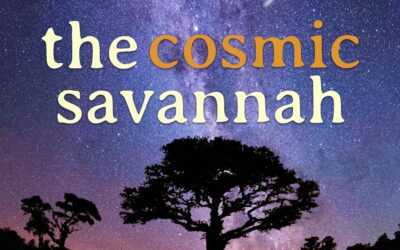Today’s Episode

Oct 21st: The Neil Gehrels Swift Telescope
Let’s look over the long life of the Neil Gehrels Swift Telescope as it watches for the multi-spectral flashes of high energy explosions.
Subscribe & Follow
Project Director: Avivah Yamani
Audio Engineer: Richard Drumm
Executive Producer: Pamela L. Gay
Learn more about us on our
Credits and Sponsors page.
We are a community podcast,
bringing you the voices of astronomy & astronomy lovers,
everyday of the year.
More Recent Episodes
Apr 28th: Mtn Ops & Close Space Rocks
Today we have story about Steward Observatory’s Mountain Lemmon Operations that helps Catalina Sky Survey to discover many asteroids. Also about 11 close approaches by asteroids larger than 300 feet in diameter.
Apr 27th: Our supermassive black hole
The Event Horizon Telescope (EHT) Collaboration has unveiled the first image of the supermassive black hole at the centre of our own Milky Way galaxy! More about it with @cosmicsavannah at #365DaysOfAstro
Apr 26th: An In-Depth Look at the Hunga Tonga-Hunga Ha’apai Eruption
The Hunga Tonga-Hunga Ha’apai volcano in the Kingdom of Tonga erupted and despite communications being cut off scientists have gathered a wealth of information about the event and its outcome. More about it at #365DaysOfAstro
Apr 25th: Why Is The Moon Upside Down?
If you’ve never been to the southern hemisphere, you might not be aware that the moon and the constellations appear upside down!In this episode we’ll show you how that appears, why, and how that proves the Earth isn’t flat – as if any more proof were needed!
Apr 25th: SETI Artist In Residence Program: Xin Liu’s Inward Expeditions
Today we have SETI Artist in Residence Program Director Bettina Forget discussion with Emma Nordin from Art21, premieres Xin Liu’s video, and then speaks with her about this latest show and its scientific concepts.
Apr 24th: How Long To Travel to The Closest Exoplanet Proxima Centauri b?
Many people feel that it’s very important for humanity’s long term survival that we become a multiplanet species. But what about traveling to exoplanets? Can we reach the stars?







